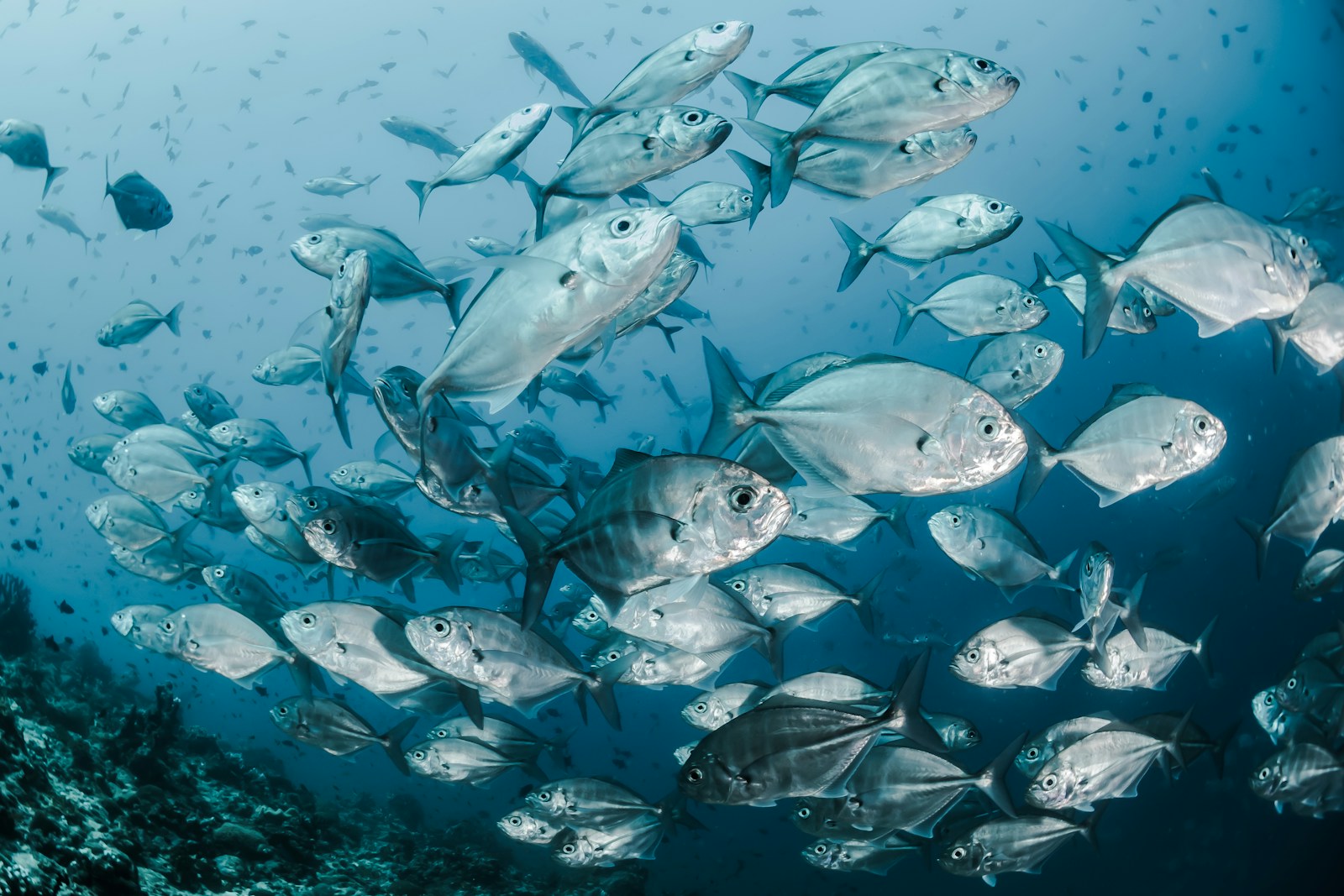Insider Brief
- Conservation International and the Pacific Community (SPC) have secured a landmark $107.4 million Green Climate Fund grant to help 14 Pacific Island nations protect their tuna-dependent economies from climate change.
- The initiative, with a total funding of $156.8 million, aims to mitigate the effects of ocean warming that could push tuna stocks out of national waters, potentially reducing annual revenue by up to $140 million.
- The program will implement adaptation strategies such as enhanced fisheries management, increased use of Fish Aggregating Devices (FADs), and international cooperation to sustain tuna stocks and protect coastal livelihoods.
PRESS RELEASE – A transformative US$107.4 million grant has been secured by Conservation International and the Pacific Community (SPC) to support 14 Pacific Island countries to safeguard the economic and social benefits they receive from tuna against the impacts of climate change. The historic Green Climate Fund (GCF) grant – which represents one of the largest climate funding grants ever to the Pacific region – has also attracted $49.4 million in co-finance. The total value of the program is $156.8 million and supports these countries in adapting to the impacts of ocean warming on the tuna stocks that underpin Pacific economies and enable tuna fisheries to make greater contributions to local food security.
The Cook Islands, Fiji, the Federated States of Micronesia, Kiribati, the Marshall Islands, Nauru, Niue, Palau, Papua New Guinea, Samoa, the Solomon Islands, Tonga, Tuvalu, and Vanuatu are custodians of one third of the world’s tuna catch and have managed this resource sustainably for decades.
“This landmark funding ensures our communities can continue relying on tuna as an essential source of food, revenue, and cultural value,” said Niue’s Minister for Natural Resources and Pacific Political Climate Change Champion on Gender, Equity and Social Inclusion, the Hon. Mona Ainu’u. “By adapting now, we can protect our people’s livelihoods and strengthen our resilience to climate change.”

Tuna is critical for both food and economic security in Small Island Developing States in the Pacific. Collectively, the tuna industry supports tens of thousands of jobs in the region and, for nine of these countries, fees associated with tuna fishing access alone provide an average of 34% of government revenue. Due to declines in coastal fish production – caused by environmental changes such as coral bleaching – Pacific communities will increasingly need to depend on tuna to obtain the protein they require for food security.
Research by SPC and Conservation International shows an increasing risk that ocean warming will push tuna stocks away from the islands’ respective maritime zones and into international waters, potentially limiting the economic benefits that these 14 island nations currently derive from tuna fishing.
The research suggests that climate-driven tuna redistribution could reduce the average catch from Pacific Island waters by 10-30% by 2050, amounting to a collective loss of $40-140 million annually. This economic loss represents 8-17% of government revenue per year for individual tuna-dependent economies.
“Since the 1970s, SPC has been working alongside our Pacific Island members to advance the scientific understanding of tuna fisheries and ensure their sustainable management. This ongoing work supports long term sustainable tuna supplies, benefiting not only Pacific communities and families but also the entire world,” said Dr Stuart Minchin, Director-General of the Pacific Community (SPC).
The GCF-funded program will provide the necessary tools to develop and support adaptations by Pacific Island nations that maintain the economic benefits they receive from tuna today. It is based on more than 50 years of science, research, and evidence-based decision making led by Pacific Island countries and territories.
“Knowing when and to what extent ocean warming will change the distribution of tuna stocks will enable Pacific Island nations to identify solutions, together with the international community, to minimize the consequences of climate change on their economies,” said Johann Bell, Senior Director for Tuna Fisheries at Conservation International.
The GCF funding will also assist Pacific communities in using Fish Aggregating Devices (FADs) more frequently and establishing them as part of their national infrastructure supporting food security.
“Fish Aggregating Devices not only improve the chances that communities will catch more tuna, but they also reduce fuel use because boats do not have to keep following fast-moving tuna,” said Ian Bertram, SPC Principal Fisheries Adviser, Coastal Fisheries Management and Livelihoods. “They also improve safety at sea by providing known destinations for fishing trips and can broaden fisheries livelihood opportunities.”
“This is the world’s largest ocean climate adaptation initiative, and it started with science. Modeling by SPC indicates that tuna will move progressively into the high seas from Pacific nations’ waters. These countries are least responsible for climate change, and they have long stewarded this vital resource with great care. Now they have the financing to continue doing so,” said Jack Kittinger, Senior Vice President, Center for Sustainable Lands and Waters at Conservation International.
Further, Kittinger stated, “This investment will secure the region’s position as a leader in tuna fisheries management while highlighting the urgency of global climate action.”
Over the coming months, Pacific Island governments will finalize implementation plans for each activity supported by the GCF grant – activities designed to sustain tuna stocks and secure coastal livelihoods as the climate continues to change.
Dr Stuart Minchin, Director-General of SPC, also acknowledged the importance of a NZ$25 million grant to SPC from the New Zealand Government’s Ministry of Foreign Affairs and Trade to prepare the region for this project. The preparatory work undertaken over the last three years means the region has the infrastructure and capacity to commence implementing adaptation actions immediately.
Additionally, Dr Minchin acknowledged the $1.9 million contribution from the Minderoo Foundation, which assisted Conservation International and SPC in preparing the GCF proposal.
The Regional Tuna Program will be implemented by SPC with regional partners, including the Forum Fisheries Agency (FFA) and Australia’s Commonwealth Scientific and Industrial Research Organization (CSIRO).
Henry Gonzalez, Chief Investment Officer of the Green Climate Fund (GCF), said: ‘Greater food security is a critical part of adaptation support to communities on the frontline of the climate crisis. GCF investment in this landmark regional project will positively impact communities across the Pacific region.’








